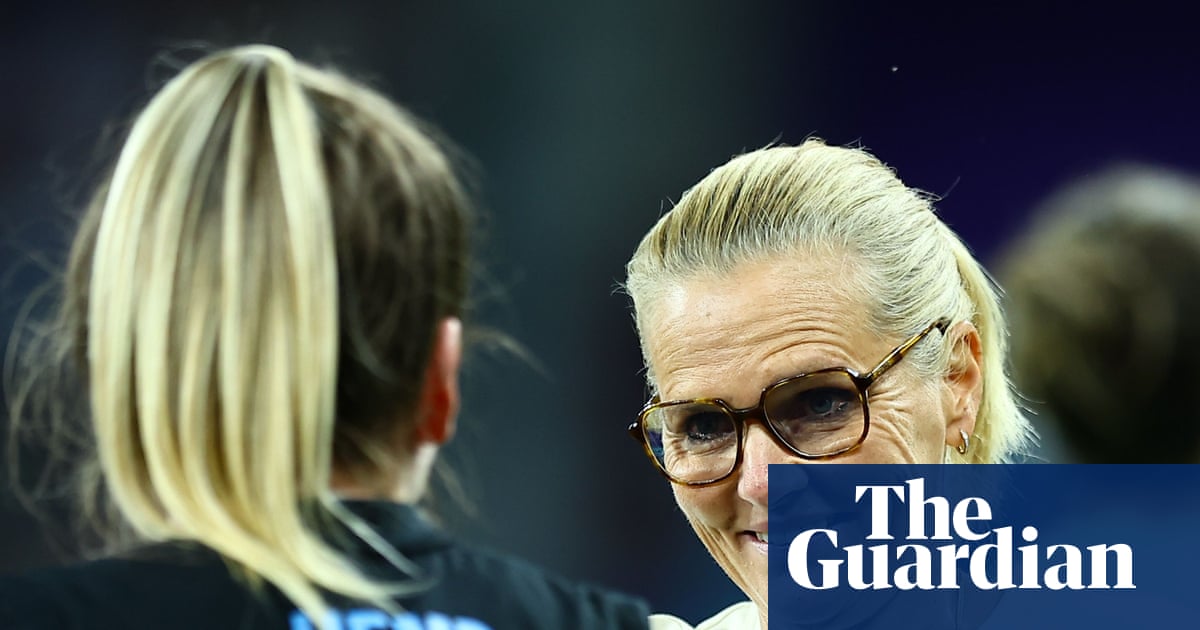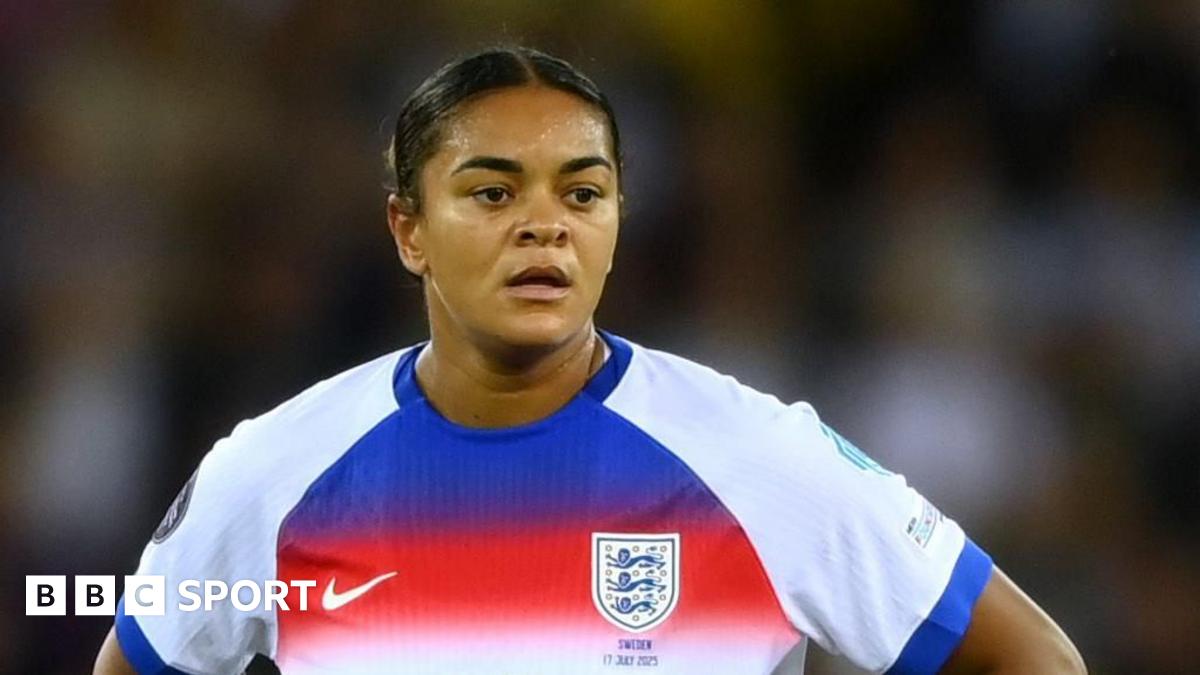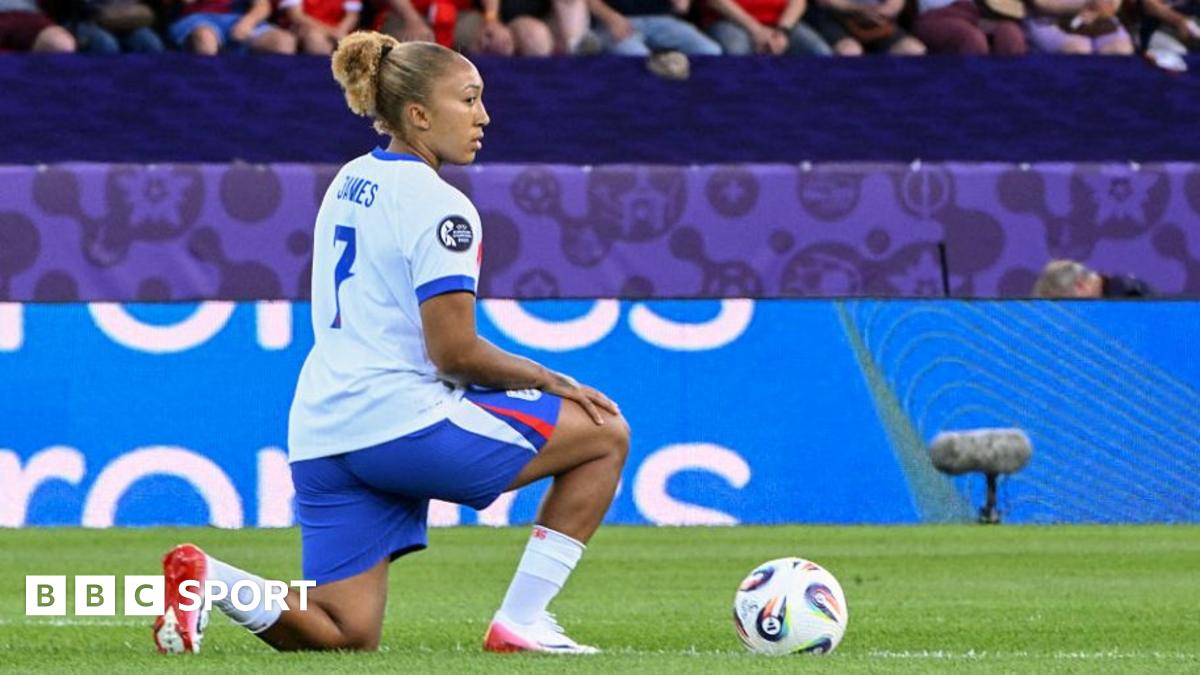T4K3.news
Jess Carter highlights racism in women's football
England defender Jess Carter steps away from social media after racist abuse during the championship.

Jess Carter’s experience with online abuse emphasizes the ongoing fight against racism in women's football.
Racism in football needs urgent accountability measures
Jess Carter, an England footballer, stepped away from her social media accounts after enduring racist abuse during the UEFA Women's Championship. Her decision underscored the ongoing discrimination female players face off the pitch, despite the growth of women's football. Following her statement, the Football Association involved UK police and collaborated with social media platforms to identify the culprits. This swift response came as the Online Safety Act was enacted, mandating social media companies to combat hate speech. The situation reflects a broader struggle against racism and highlights the importance of solidarity in fighting discrimination, not only among players but also within society. The abuse faced by Carter and other players like Khadija Shaw signals that urgent measures are crucial for securing a safe environment in sports.
Key Takeaways
"Those behind this online poison must be held accountable."
Carter emphasizes the need for accountability in addressing online abuse.
"Racism is deep-rooted and corrodes society."
Carter highlights the broad implications of racism beyond football.
"The growth of women's football is at risk if racism is normalized."
Carter warns that allowing racism to persist threatens the gains made in women's football.
The digital landscape introduces new challenges for athletes like Jess Carter, as online abuse replaces traditional forms of racial discrimination. While her experience emphasizes the pressing need for accountability, it also reveals the inherent limitations of current measures. Establishing a culture of zero tolerance for racism in football must go hand in hand with actionable policies and community support. Such efforts can enhance representation and create pathways for future generations, which is essential for the long-term success of women's football. Societal change is paramount, as the sport attracts increasingly diverse participation, requiring a proactive approach to create safe spaces for all involved.
Highlights
- Zero tolerance must be a cultural imperative, not just a slogan.
- Today's players face 24/7 digital abuse unlike previous generations.
- Racism in football casts a long, damaging shadow on society.
- Accountability is crucial for a safe environment in sports.
Urgent need for accountability measures
The severity of online abuse directed at athletes calls for stricter regulations and accountability in football. The establishment of an independent football regulator has become critical for addressing these ongoing issues.
This call to action highlights the crucial need for unity and consistency in addressing racism in all levels of football.
Enjoyed this? Let your friends know!
Related News

Lucy Bronze reports increase in abuse in women's football

Jess Carter steps back from social media due to racist abuse

David Lammy remarks on the decline of taking the knee

Jess Carter subjected to online abuse during Euro 2025

Wiegman remains England coach amid Euro excitement

Lionesses claim Women's Euro 2025 title

England condemns racist abuse aimed at Jess Carter

Jess Carter faces racial abuse and steps back from social media
